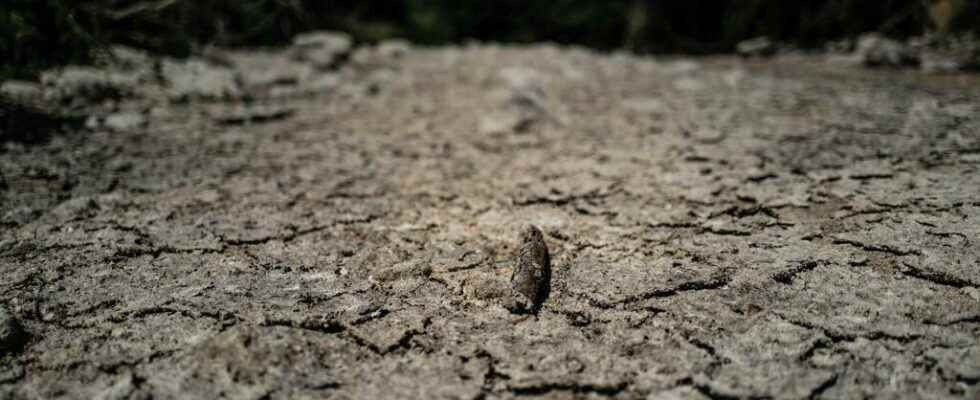Climatologist and research director at the IRD, the Research Institute for Development, Françoise Vimeux answers questions from RFI on the current heat wave that is crushing France and southern Europe.
While Nantes and the west of France recorded historic heat records on Monday July 18 and that a gigantic fire devastates the GirondeFrançoise Vimeux, climatologist at the IRD, explains to us how the climatic phenomenon we are currently experiencing works.
RFI: France is suffocating, the red heat wave alert has been lifted by Météo France but the heat is slowly moving east. 73 departments are still placed in orange vigilance. How do we explain the climatic phenomenon that we are currently experiencing?
Françoise Vimeux, climatologist at the IRD : It’s a heat wave, which results from a fairly classic meteorological situation, with an anticyclone positioned over France, which somehow presses on the lower layers of the atmosphere and warms them up. We also have air coming up from the Sahara due to a small depression placed off the Iberian Peninsula.
Heat waves in Europe, droughts and fires in North America and Australia… Will these episodes spread all over the world?
What we do know is that in a warmer climate, we’re going to have a lot more extreme events. Scientists have really shown the intimate connection between extreme events, such as a heat wave, and climate change. This climate change is boosting the heat waves and we can therefore expect that we will have more heat waves and that they will be much more intense, that they will arrive earlier in the season, we had an example at the beginning of Juneand that they are longer.
Are these extreme events likely to become the norm in the future? ?
We can take the example of the summers of 1976 and 1983 which were exceptional at their time and which today have become the norm. If these summers happened again today, they would be quite ordinary summers.
What we are experiencing today will certainly be the norm in 2050, and this is completely consistent with what we expect from the evolution of our climate in the years and decades to come…
Could we exceed the 50° mark in France?
Everything will obviously depend, for the years and decades to come, on our decisions today to reduce or not our greenhouse gas emissions. We know that currently we are on trajectories that take us towards global temperature anomalies of 3 degrees at the end of the century. We have the ability to limit the consequences of climate change, so we have the ability to limit these extreme events. However, all of this will take time.
Even if we drastically reduce our greenhouse gas emissions today, the temperature will continue to rise in the next 20 or 30 years, so we must expect in the years to come to have more heat waves which will certainly be a little more intense.
And to answer your question directly on the 50 degrees, I would say why not, in a few years, during a heat wave in the south of France, for a few hours under shelter, we could see this temperature recorded on a few stations of Meteo France.
